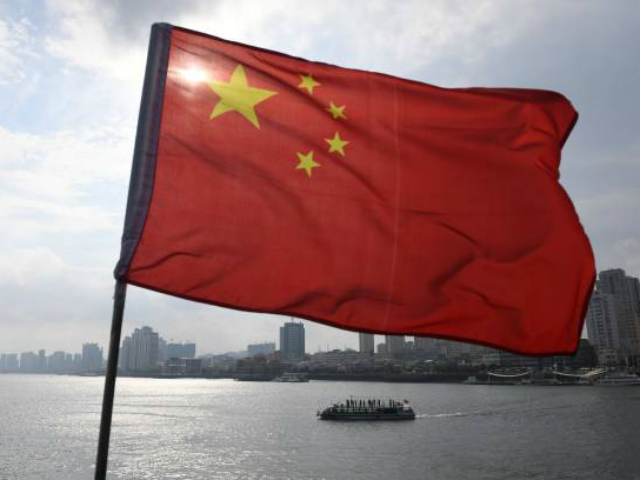China is reportedly increasing access to Spanish and Portuguese language study to better expand its footprint across Latin America, The Guardian revealed in a report Sunday.
The newspaper noted that 20,000 Chinese undergraduates studied Spanish in 2016, a forty-fold increase from 1999 where just 500 people took the subject. A growing number of students are also studying Portuguese — key to development in Latin America’s largest country, Brazil, as well as former Portuguese colonies such as Mozambique, Cape Verde, and Angola.
The growth in language study appears tied to China’s aggressive expansion into Latin America, where Beijing has used predatory loans and grand infrastructure projects to boost diplomatic relations with the continent. The country has developed its closest relations with other communist or socialist regimes including Venezuela, Cuba, Nicaragua, and Bolivia.
China’s interest in Latin America has caused concern in Washington. President Donald Trump’s 2018 National Security Strategy highlights China as a “strategic competitor” in the region, also citing the rise of Chinese traffickers of the synthetic opioid fentanyl through Latin America.
China has also increased pressure on Latin American countries to cut ties to Taiwan as the region has been traditionally friendly to the democratic island nation. This month, El Salvador became the third Latin American country after Panama and the Dominican Republic to bow to pressure from Beijing and no longer recognize Taiwan as an independent state, a decision the State Department denounced as of “great concern.”
A report published by the Center for a Secure Free Society (SFS) in January warned that China was “likely to increasingly project its power through military and political means.” Beijing has previously funded lavish trips for military officers to Latin America that involve training at Chinese military academies.
“It is clear that China’s strategic objectives and interests are well beyond the economic realm, and that they raise considerable national security concerns for the U.S. as well as for other nations in the hemisphere,” the report found. “China’s presence in Latin America will continue to grow not only in the economic sphere, but also in political, security, and cultural aspects.”
In January, the Chinese Ambassador to Argentina, Yang Wanming, defended Beijing’s Latin American policy Latin as an effort to “promote globalization” through closer trade ties.
“China will adopt the participation and active promotion of economic globalization, and the perseverance in openness,” Yang wrote in a guest column in the Argentine newspaper Clarín. “China and Latin America can intensify their cooperation even more through international financial reform, the G-20, the BRICS, cooperation in the Asia Pacific, climate change, and food security.”
Follow Ben Kew on Facebook, Twitter at @ben_kew, or email him at bkew@breitbart.com.

COMMENTS
Please let us know if you're having issues with commenting.